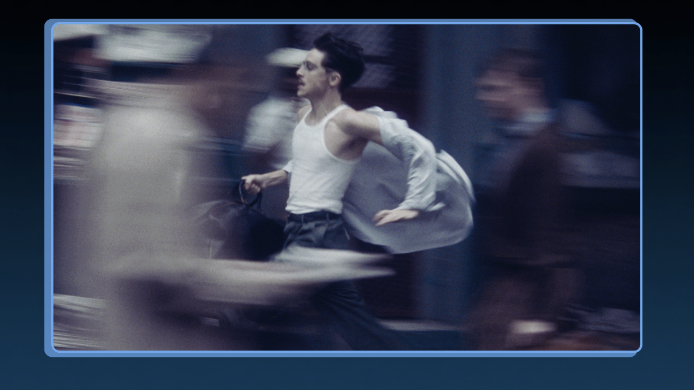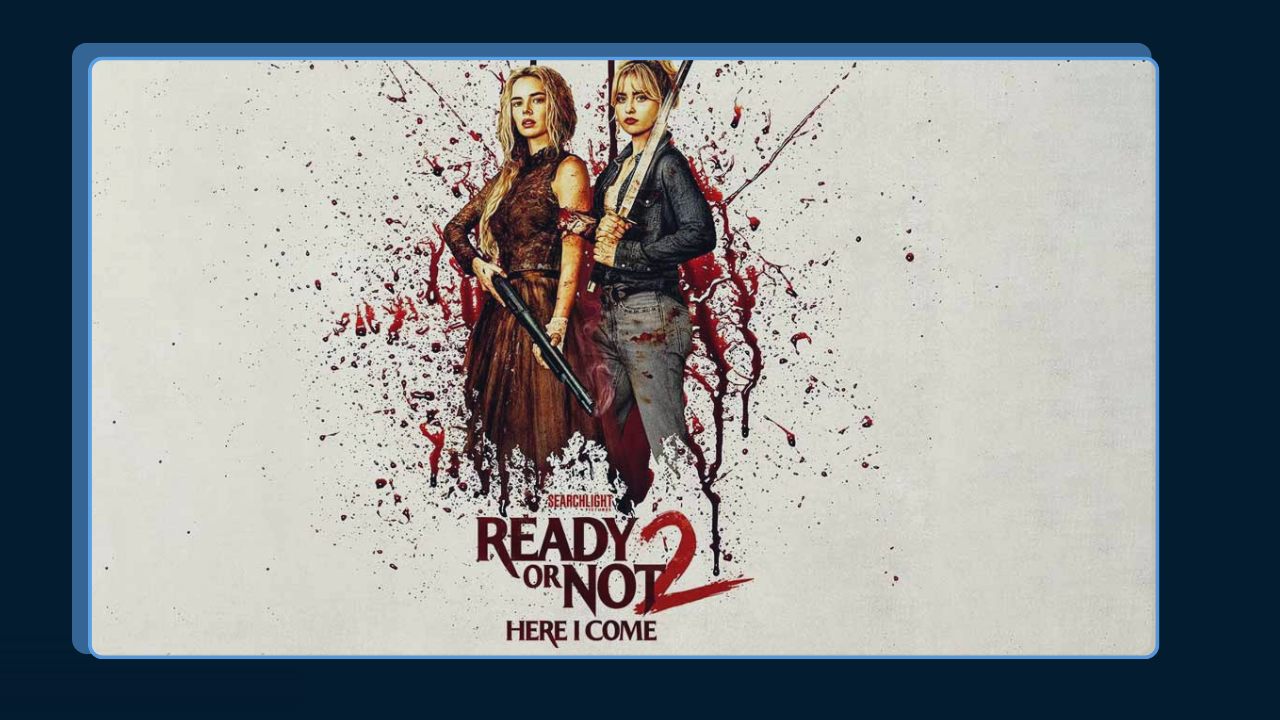Taylor Swift Reclaims Her Catalog, Reshaping Music Industry Power Dynamics
On June 3, 2025, Taylor Swift secured ownership of her original music catalog in a deal reportedly exceeding $300 million. The acquisition gives her full control over her master recordings, including the rights to distribute, repackage, and license her earlier work. This transaction marks the culmination of a public and complex dispute that began in 2019, when the rights to her first six albums were sold without her involvement.
Swift’s initial masters were acquired by Scooter Braun’s Ithaca Holdings as part of its purchase of Big Machine Label Group. A year later, Braun sold the catalog to Shamrock Holdings for a similar price. In both transactions, Swift was excluded from negotiations and denied the chance to bid on her own material.
In response, Swift began re-recording her earlier albums and releasing “Taylor’s Versions,” which were embraced by her audience and successfully drew attention and revenue away from the original masters.
Photo Credit: kevinmazur/Getty Images
Industry-Wide Context of Catalog Sales
In recent years, catalog rights have become a valuable asset within the music industry. Veteran artists such as Paul Simon, Bob Dylan, and Bruce Springsteen have made headlines for selling their publishing and master rights in deals ranging from $250 million to over $500 million. Queen reportedly set a new benchmark with a $1.2 billion deal involving Sony Music.
Younger artists including Future, Justin Bieber, and Katy Perry have also participated in catalog sales, exchanging partial or full rights for large upfront payments. These deals often reflect strategic decisions to monetize assets during the peak of their careers or in anticipation of long-term financial stability.
Unlike most of these transactions, where the artist received the profits, Swift’s case involved buying back her previously sold catalog, a reversal of the typical industry pattern.
Legal Framework and Structural Challenges
U.S. copyright law allows artists to apply for the return of their master recordings 35 years after release, under the 1976 Copyright Revision Act. This applies to works released after 1978. However, labels often resist giving up these rights and instead attempt to renegotiate agreements to retain valuable catalogs.
Historically, artists have encountered challenges in securing ownership. Notable examples include Prince, who regained his masters in his 50s after years of disputes, and Paul McCartney, who spent decades resolving the issue of his early Beatles publishing rights. The structure of older contracts, especially during the 1960s and 1970s, heavily favored management and labels, often leaving artists with little long-term control.
Modern artists also face hurdles. The rise of streaming prompted new contract models, such as 360 deals, which allow labels to take a percentage of multiple income streams beyond album sales, including tours, merchandising, and sponsorships. These deals are intended to recoup investments in a market where physical media sales have declined but have also become a point of tension between labels and artists.
Impact on the Music Industry
Swift’s acquisition highlights the increasing importance and market value of music catalogs. It reinforces ongoing conversations about artist rights and the long-term implications of master ownership. The deal reflects a shift in how artists approach their careers—not just from a creative perspective but from a business and legal standpoint as well.
While Swift’s financial and cultural leverage made this acquisition possible, the broader industry continues to grapple with issues surrounding transparency, contract terms, and access to ownership for emerging and mid-level artists. Her case may contribute to heightened awareness and scrutiny of industry norms, especially among those negotiating early career deals.
Let’s Collaborate!
Need help building the tone for your production? Hit us up – the Rareform Audio team would love to help you create the perfect soundtrack that speaks to your audience and enhances the power of your visual storytelling to new heights!
Rareform Highlights
Join our Spotify Playlist and vibe with us! Featuring an array of tunes our team has been listening to.



































